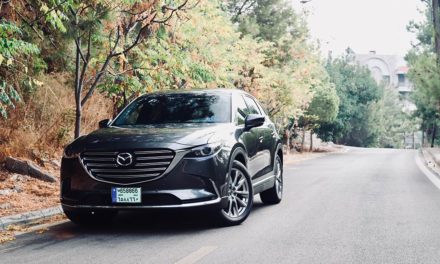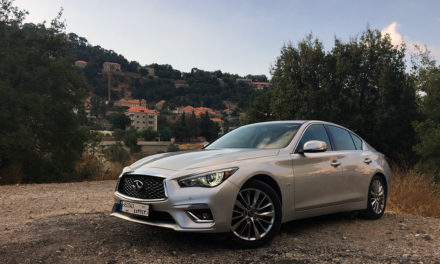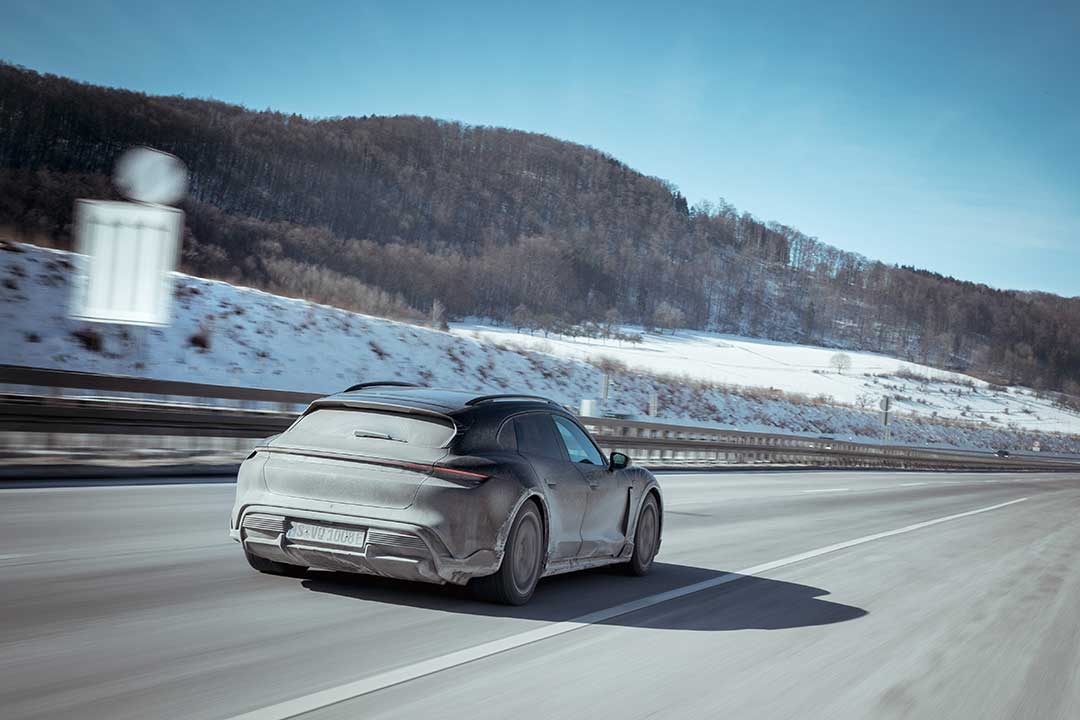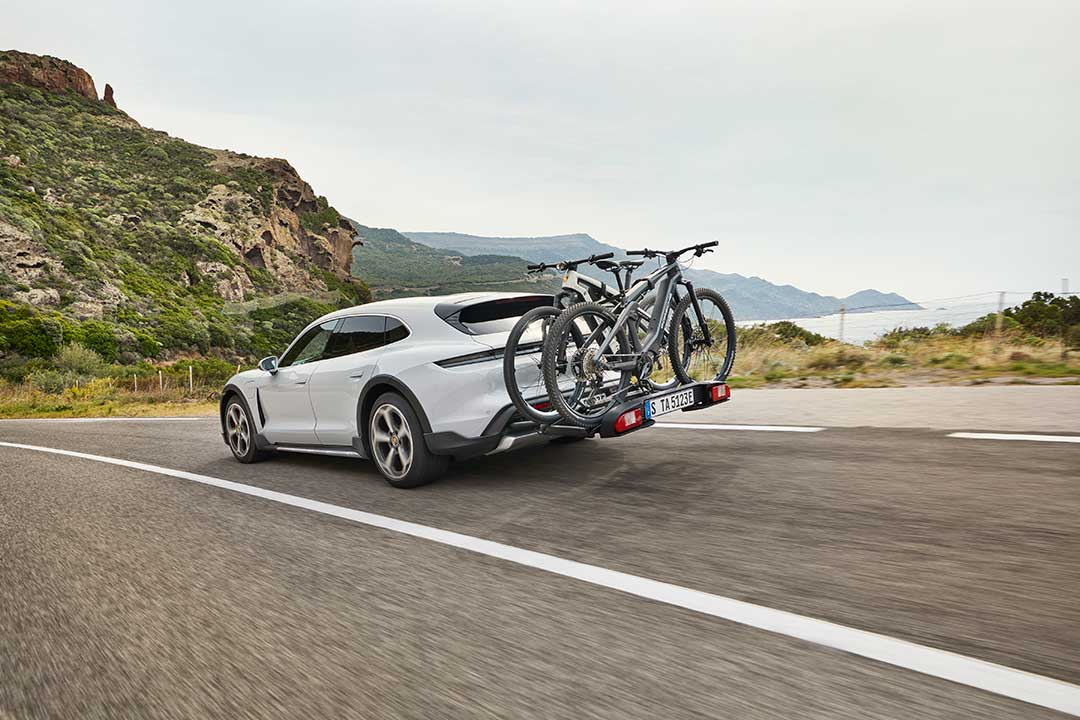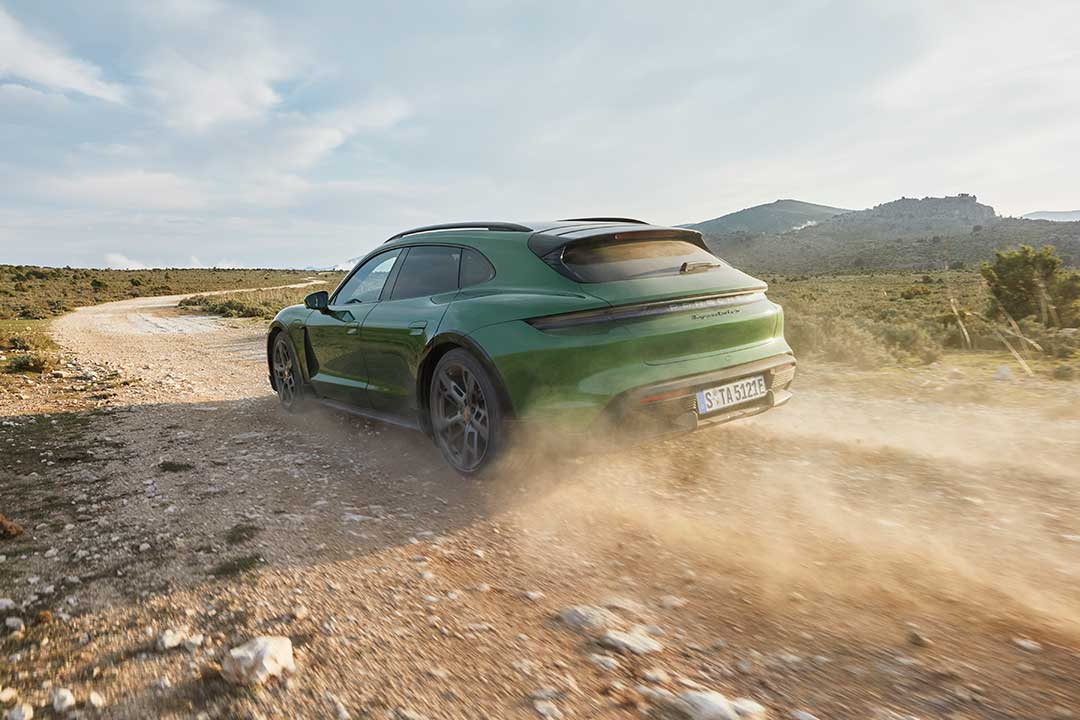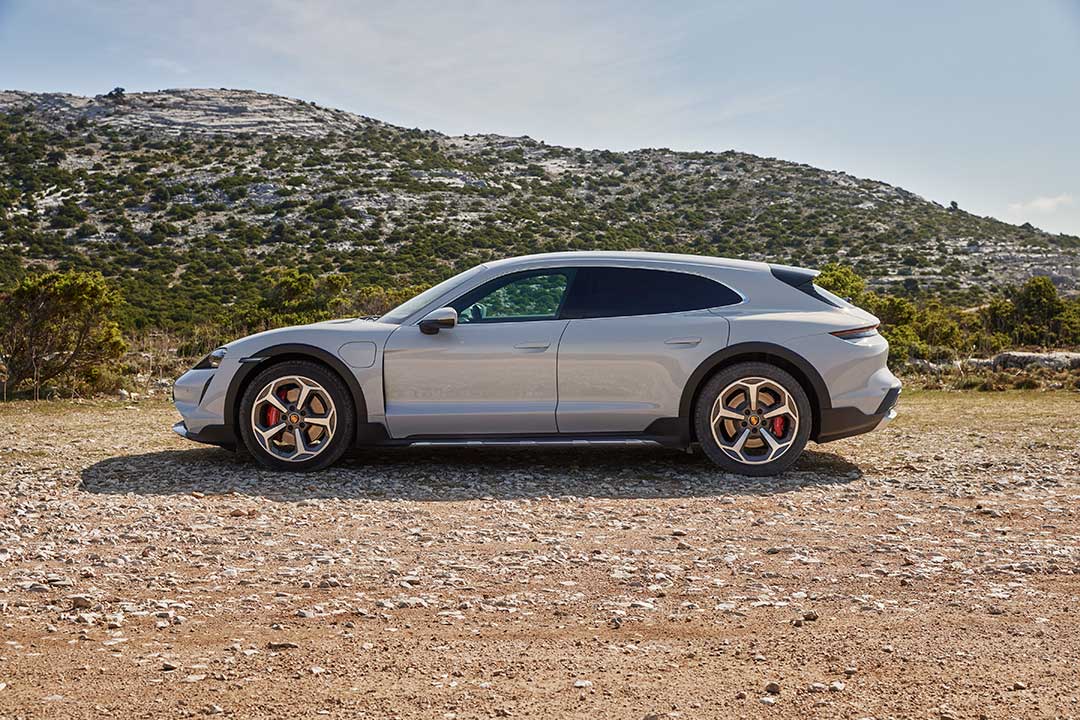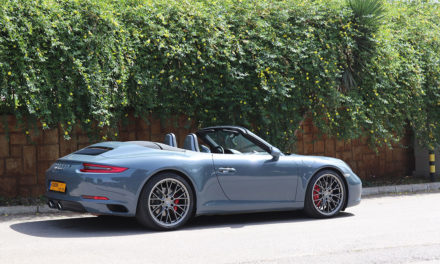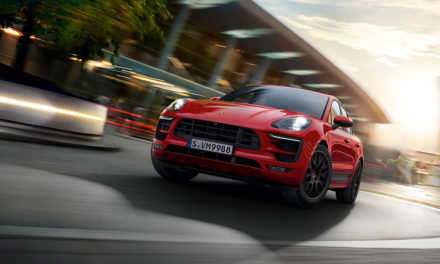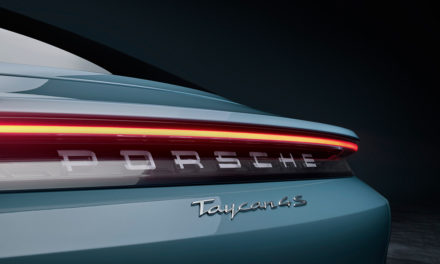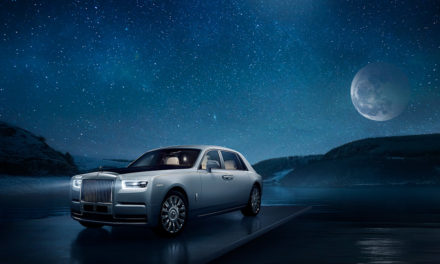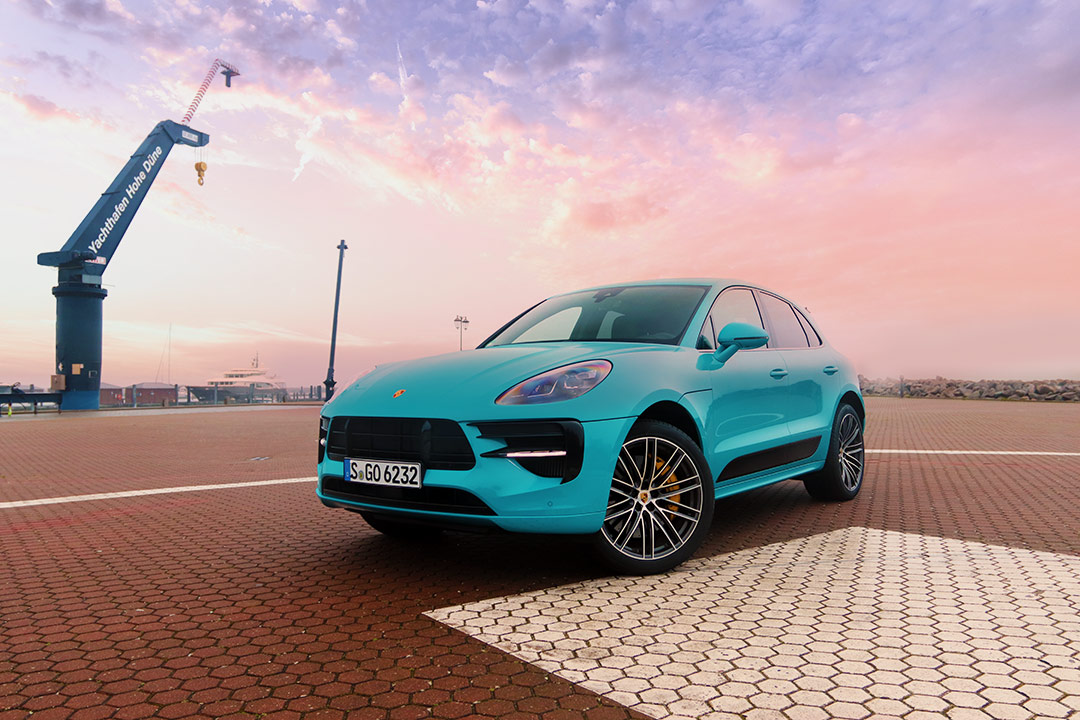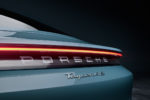“In 2019, we sent out a key signal with the debut of our first all-electric sports car,” said Oliver Blume Chairman of the Executive Board of Porsche AG, at the world premiere of the new, even more versatile derivative. “We see ourselves as pioneers of sustainable mobility: by 2025, half of all the new vehicles we will deliver will have an electrified drive – either fully electric or plug-in hybrid. In 2020, one in three of all vehicles we delivered in Europe had an electric powertrain. The future belongs to electric mobility. With the Taycan Cross Turismo, we’re taking another major step in this direction.”
The four variants of the Taycan Cross Turismo at a glance
In terms of its visual appearance, the Taycan Cross Turismo closely follows the Mission E Cross Turismo concept study presented at the 2018 Geneva Motor Show: Its silhouette is defined by the sporty roofline sloping downward to the rear – called a “flyline” by the Porsche designers. Off-road design elements include wheel arch trims, unique front and rear lower aprons and side sills. As part of the Off-Road Design package, the Cross Turismo has special flaps at the corners of the front and rear bumpers and at the ends of the sills. These make for a striking exterior as well as providing protection from stone impacts.
Cross Turismo
280 kW (380 PS),
Overboost power for Launch Control 350 kW (476 PS),
Acceleration 0-100 km/h in 5.1 seconds,
Top speed 220 km/h,
Range (WLTP) 389 – 456 km
Cross Turismo
360 kW (490 PS),
Overboost power with Launch Control 420 kW (571 PS),
Acceleration 0-100 km/h in 4.1 seconds
Top speed 240 km/h
Range (WLTP) 388 – 452 km
Cross Turismo
460 kW (625 PS)
Overboost power with Launch Control 500 kW (680 PS)
Acceleration 0-100 km/h in 3.3 seconds
Top speed 250 km/h
Range (WLTP) 395 – 452 km
Cross Turismo
460 kW (625 PS)
Overboost power with Launch Control 560 kW (761 PS)
Acceleration 0-100 km/h in 2.9 seconds
Top speed 250 km/h
Range (WLTP) 388 – 419 km
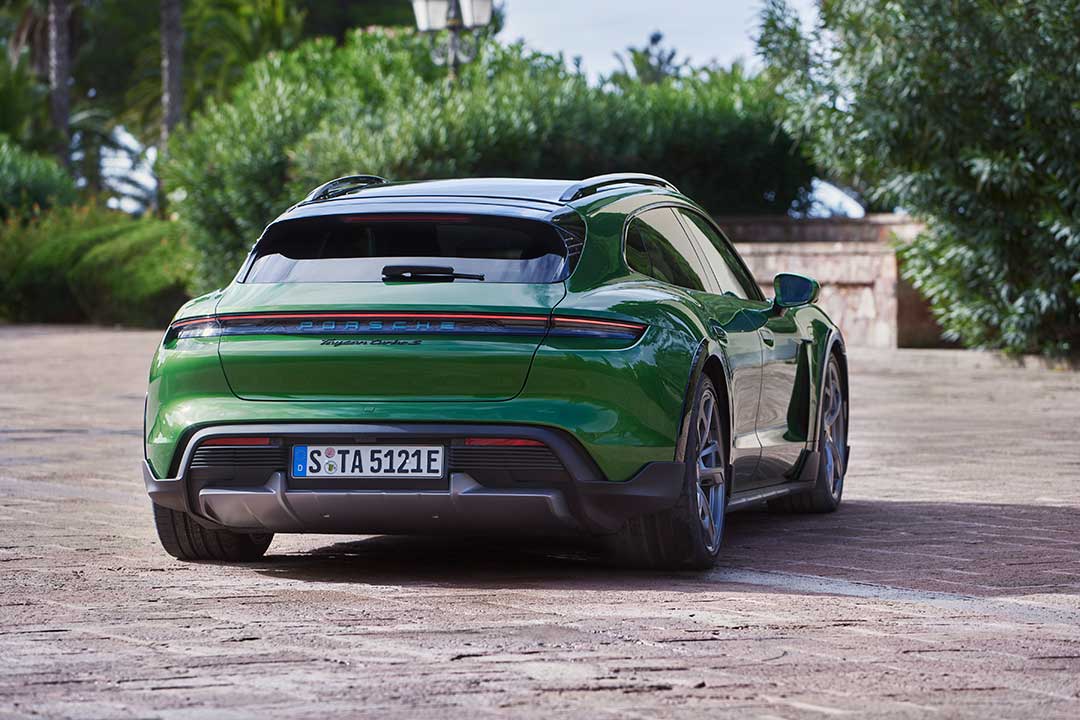
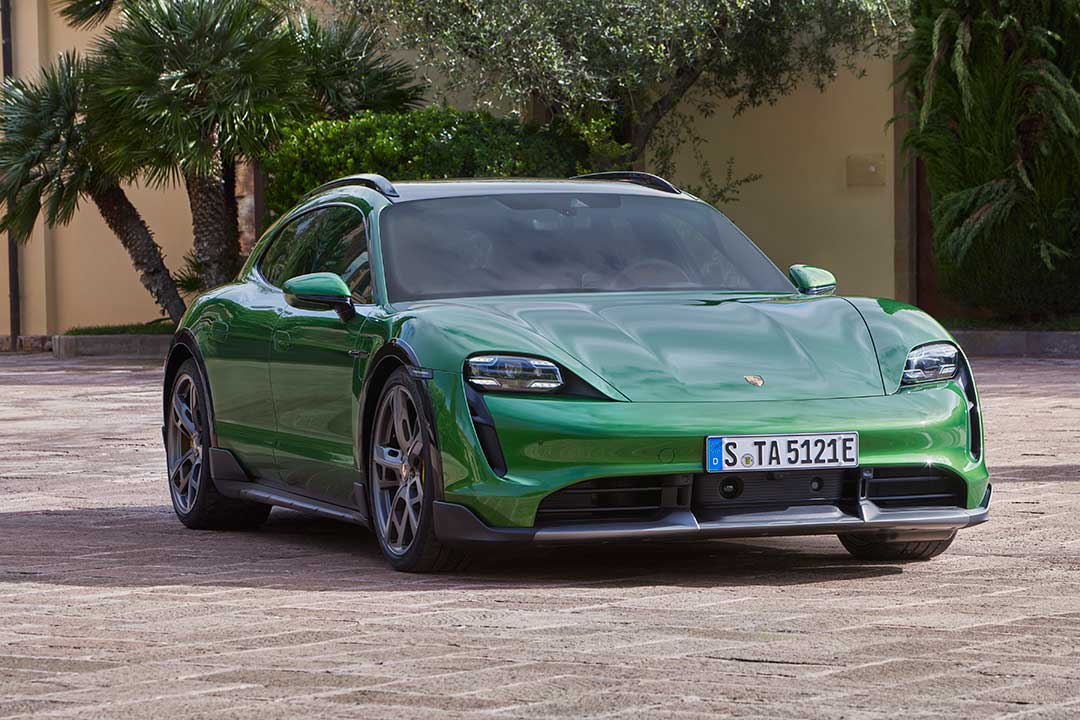
Purist exterior design with Porsche DNA
The visual appearance of the Taycan Cross Turismo is closely based on the Mission E Cross Turismo concept study presented at the Geneva International Motor Show in 2018. In particular, its silhouette is defined by the sporty, falling roof line toward the rear – called the flyline by Porsche designers. The off-road design elements include wheel arch trims, unique lower aprons at the front and rear as well as the side sills. In combination with the Off-Road Design package, the Cross Turismo has special flaps at the corners of the front and rear bumpers and at the ends of the sills. These make for a striking exterior as well as providing protection from stone impacts. Like the Taycan sports saloon, the new Cross Turismo also features innovative elements such as the glass-effect Porsche lettering in the light bar.
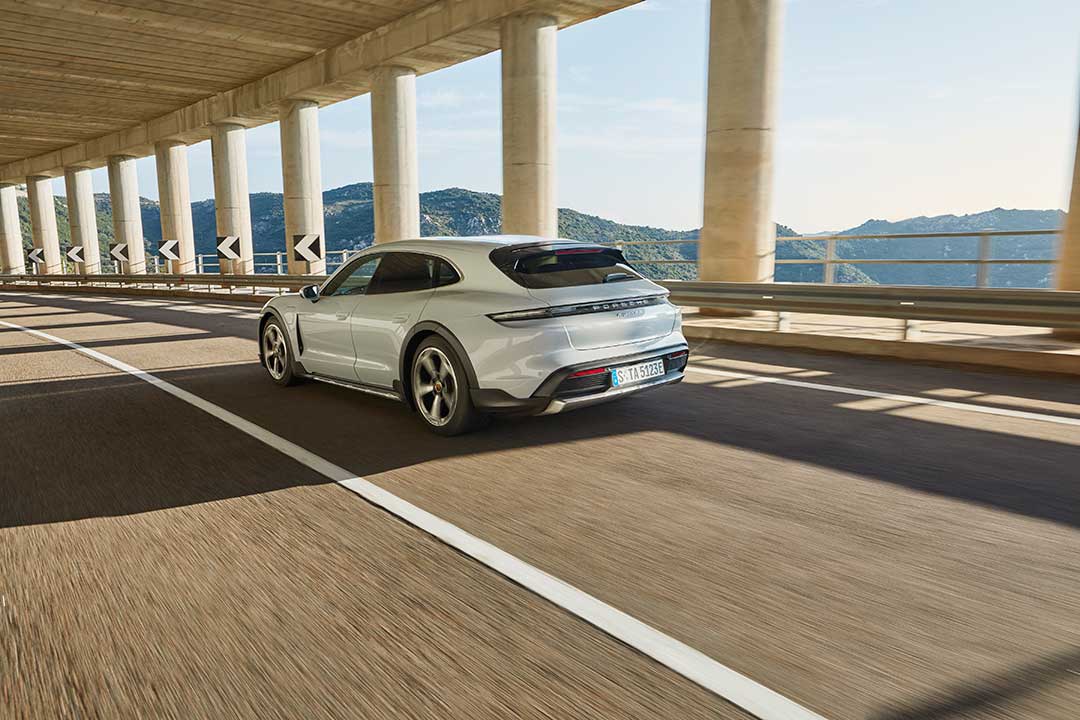
Unique interior design with a wide display band
The highly praised design contours familiar from the Taycan sports saloon can be found in the interior: the wing-shaped upper and lower sections of the dashboard stretch across the entire width of the car. The free-standing, curved instrument cluster forms the highest point on the dashboard. A central 10.9-inch infotainment display and a further, optional front passenger display are combined to form an integrated glass band in a black-panel look. A compass is installed on the top of the dashboard in combination with the Off-Road Design package.
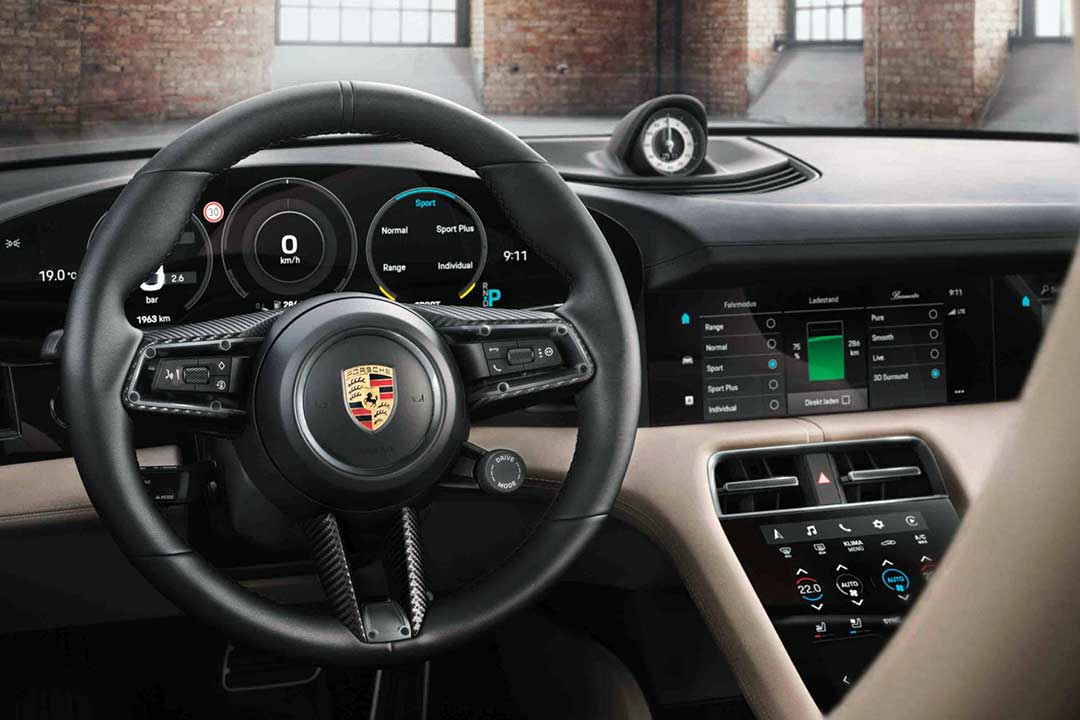
Sporty accessories: new e-bikes and high-speed roof box
With the eBike Sport and the eBike Cross, Porsche is launching two e-bikes in parallel. Thanks to their timeless design as well as powerful and sustainable drive technology, they are perfectly matched to the Taycan Cross Turismo. The sporty character of the Porsche Taycan served as inspiration for both models. The organically shaped carbon frame of the bikes evokes the roofline of the vehicle. Porsche has also developed a rear carrier for up to three bicycles for the Taycan Cross Turismo. This sets new standards in terms of package size and handling. It can also be used universally for different bicycle types. The tailgate can be opened even when the carrier is loaded. Roof boxes, including a new Performance model approved for speeds up to 200 km/h, and the DTS roof transport system are also available via Porsche Tequipment. The latter system comprises cross-bars for the roof rails of the Taycan Cross Turismo.
Innovative chassis systems
The integrated Porsche 4D Chassis Control analyses and synchronises all chassis systems in real time. Porsche uses a centrally networked control system for the chassis of the Taycan Cross Turismo. Adaptive air suspension with three-chamber technology including the PASM (Porsche Active Suspension Management) electronic damper control system is fitted as standard to all Taycan Cross Turismo models. The air suspension includes a Smartlift function as standard. This allows the customer to easily programme the system so that the ride height is automatically raised at certain recurring locations such as road humps or garage driveways. Such positions can be stored by simply pressing the chassis button.
The Gravel mode driving program
The Taycan Cross Turismo comes as standard with the additional Gravel mode driving programme for journeys on light off-road terrain such as gravel tracks or muddy road surfaces. In this mode, the ride height is raised by 30 millimetres compared with the saloon. Gravel mode also influences the Porsche Active Suspension Management (PASM), Porsche Traction Management (PTM), Porsche Torque Vectoring Plus (PTV+) and Porsche Stability Management (PSM) chassis systems, as well as the rear-axle transmission. The shift operations of the latter are optimised to ensure maximum traction. The car’s throttle characteristics have also been designed specially for off-road driving in terms of power delivery and control precision.
Intelligent charging management at home and on the road
Taycan Cross Turismo drivers can charge their vehicles at home with up to 11 kW of alternating current (AC) as standard. An on-board charger with a capacity of 22 kW is available as optional equipment. When on the road, Taycan Cross Turismo drivers benefit from a sophisticated temperature management strategy for the battery. Precisely controlled heating of the cells when the car is approaching a high-power charging station allows the batteries to be charged with higher currents (direct current, DC), speeding up the process significantly. The battery can be recharged to provide a range of up to 100 kilometres (according to WLTP) in approximately five minutes. The Plug & Charge function enables convenient charging and payments without the need for cards or an app: as soon as the charging cable is plugged in, the Taycan Cross Turismo establishes encrypted communication with the Plug & Charge-compatible charging station. The charging and payment processes then start automatically.
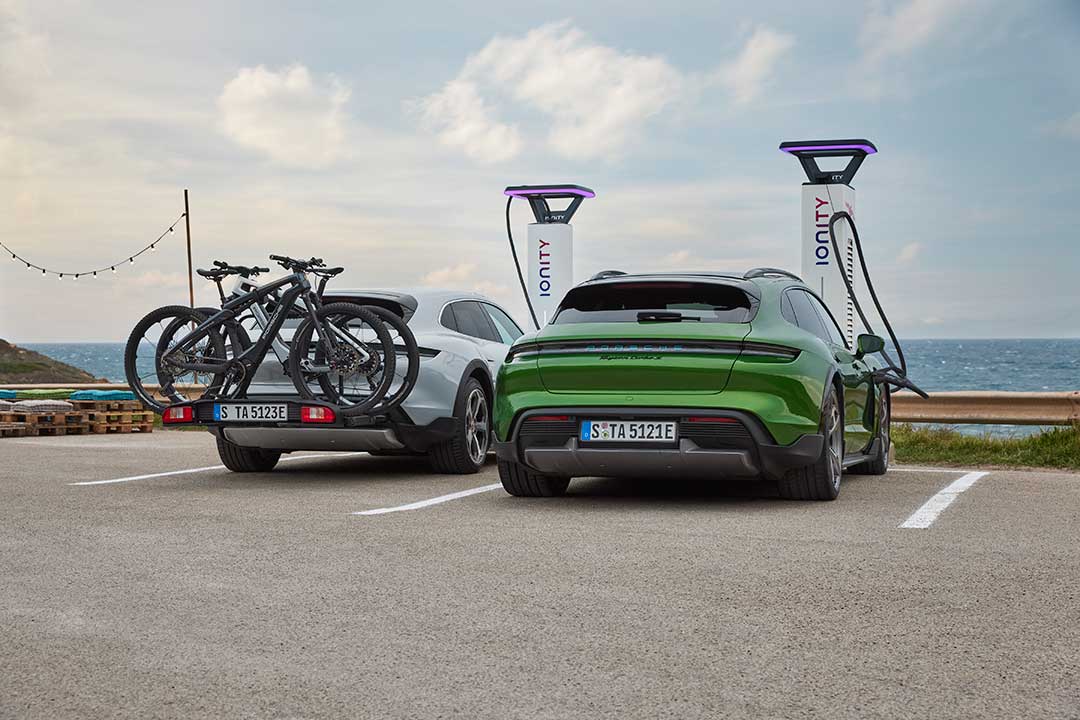
Large battery with up to 800 volts as standard
The Taycan Cross Turismo operates with a system voltage of 800 volts (voltage range 610 V to 835 V) instead of the 400 V that is usual for electric cars. The standard two-deck Performance Battery Plus contains 33 cell modules consisting of 12 individual cells each (396 in total). The total capacity is 93.4 kWh.

